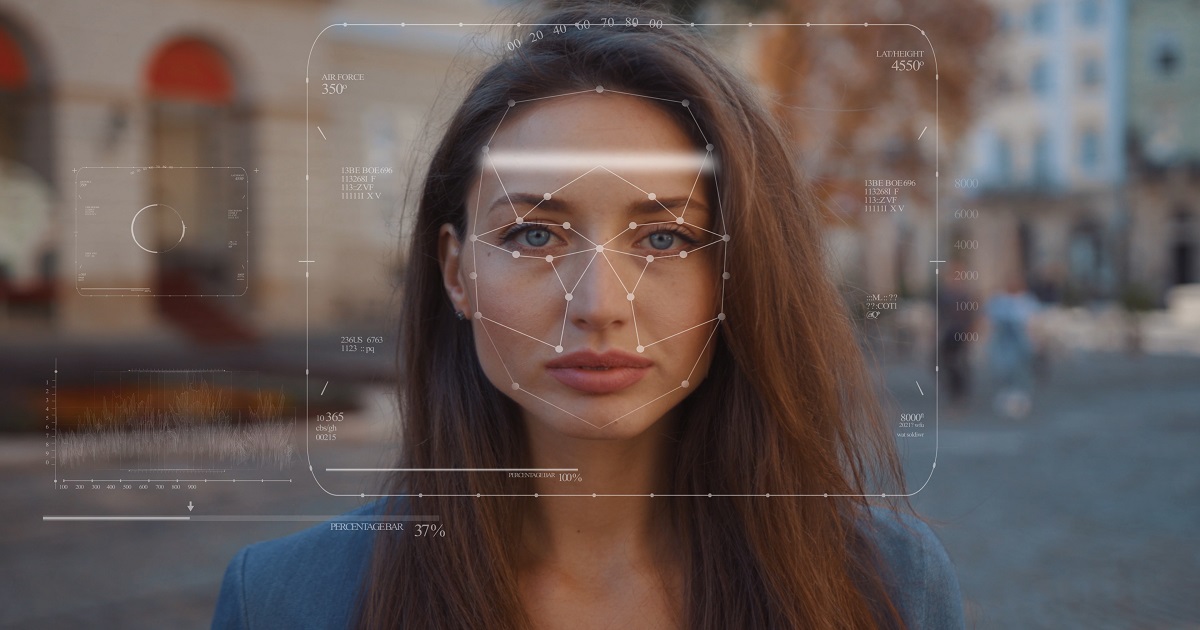
In late January, Vice News published a piece that has not only retained its importance, but may be a prognostic signal flare, of sorts. The outlet reported that concertgoers leaving a sold-out Drake show were met by an NYPD officer actively recording them exiting the Apollo Theater, a historic Black venue in New York City.
In a viral TikTok, a Community Affairs officer with the city’s 28th Precinct was shown taking video of people. Those who were present – as well as voices of the internet – were concerned as to why. Anti-surveillance advocates were able to determine that the video was “simply for a social media campaign highlighting the precinct’s work in the community.” (i.e. spotlighting popularity spikes of local events) Yet, for starters, consent was a real issue; who at that Drake show consented to being part of the police’s latest PR move? No “You are entering an area where recording is taking place.” signs were present at or around the Apollo.
“The optics just aren’t right,” critics said at the time. They – and users across social media platforms – claimed their collective skepticism wasn’t unprecedented, as this appeared to also be “a blatant case of mistrust between police and minority communities.”
For countless Americans, the optics still aren’t quite right; related and unrelated to this specific experience in New York. Was this potentially abuse of facial recognition? If so, why? What for? In the past three to five years alone, uses of it have cropped up far more than what one may consider to be “the usual” here. And with the latest boom in AI and other machine learning capabilities, some consider this to be another way tech is glamorized by figures in power in order to bury rising breaches of trust.
This brings us to breaking news on the subject: U.S. senators and members of the House of Representatives officially jointly reintroduced the Facial Recognition and Biometric Technology Moratorium Act of 2023, which would effectively ban the use of facial recognition by law enforcement in the U.S. The bill’s sponsors include Sens. Edward J. Markey, Bernie Sanders and Elizabeth Warren; and Reps. Pramila Jayapal, Ayanna Pressley, Cori Bush and Jamaal Bowman.
With the news of this coalition and its bill reintroduction, digital rights groups like Fight for the Future (the individuals behind BanFacialRecognition.com) were quick to speak on the matter. The group purported that “facial recognition is unreliable and unjust,” and that it “poses a threat to humans’ basic rights and safety.”
To be clear, this isn’t a proposition of an outright ban of all facial recognition tech, period. From unlocking smartphones with users’ faces to diagnosing diseases and solving complex problems, facial recognition has its benefits. However, sites like CNET have written about racial and gender bias problems in regard to facial recognition, and nonpartisan D.C.-based think tank Pew Research Center has documented the impacts of the tech’s inaccuracies when misapplied by select law enforcement entities.
“Facial recognition has continued to harm vulnerable communities and erode our privacy, making this legislation more important than ever,” said Caitlin Seeley George, Campaigns and Managing Director at Fight for the Future. “We cannot afford to wait any longer to put this invasive technology in check, and any lawmaker who claims to care about privacy and justice must prove it by supporting this legislation.”
Nothing’s yet been written in stone in terms of the Facial Recognition and Biometric Technology Moratorium Act of 2023, but its widespread endorsement does readdress the concerns of many Americans: Should federal agencies indeed be immediately prohibited from using facial recognition? Does the technology programmatically misidentify (or outrightly target) disenfranchised groups? Or rather, is this not the supercharging of systemic issues, but instead simply the next phase of development for the facial recognition standards required to truly protect all Americans?
With facial recognition technology’s responsible regulation on the table (as it has been before in Congress in both 2020 and 2021), more coverage on these developments is sure to follow.
Edited by
Greg Tavarez